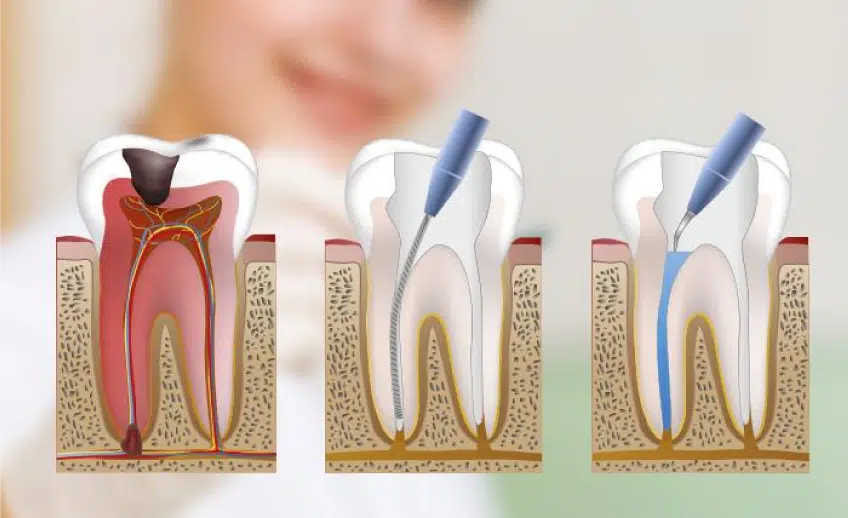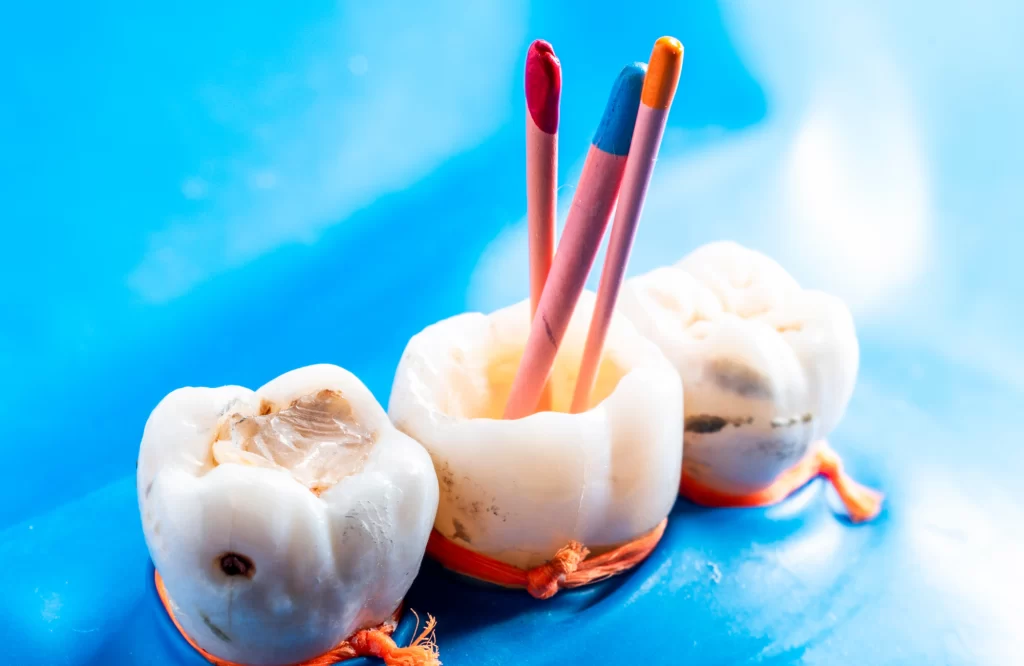Many people have misconceptions about endodontics, particularly regarding root canal treatments. However, it’s important to separate fact from fiction to make informed decisions about dental care. Let’s debunk some common myths surrounding endodontics in Tijuana based on reliable information.
Understanding Endodontics Tijuana and Root Canal Treatments
Endodontics, also known as root canal treatment, is a specialized field of dentistry that focuses on treating diseases and injuries to the dental pulp. In Tijuana, there are highly trained endodontists who provide expert care for patients in need of root canal treatments. These professionals utilize the latest techniques and technologies to ensure successful outcomes for their patients.
1. Does endodontics hurt?
The short answer is that endodontics usually does not hurt. The majority of patients report feeling little to no pain during the procedure. There may be some discomfort after the procedure, but this is typically due to the anesthesia wearing off.
Endodontics is usually performed under local anesthesia, which numbs the area around the tooth. This ensures that you will not feel any pain during the procedure. You may feel some pressure during the procedure, but it should not be painful.
After the procedure, the anesthesia will start to wear off and you may feel some discomfort. This is normal and can be managed with over-the-counter pain medication. In some cases, your endodontist may prescribe a stronger medication.
2. A root canal requires many visits to the dentist?
The treatment can take one or two visit to the dental Clinic. The first visit it’s important for the dentist to evaluate the patient’s case and then, the second visit will be to perform the endodontics treatment, so in general terms this is a fast and secure treatment.
3. Do dental crowns cause teeth to need a root canal?
Many people believe that having a dental crown on a tooth automatically means the tooth will require endodontic treatment in the future. Crowns, however, do not induce the need for root canal therapy. If a crowned tooth necessitates root canal treatment, it could be due to the presence of an abscess or the progression of decay beneath the crown, reaching the tooth’s pulp
4. Root canals cause diseases?
There is no evidence supporting the notion that root canals cause diseases. However, there is evidence supporting the fact that individuals who have undergone root canal treatments are not at a higher risk of developing diseases than those who have never undergone such treatments.
5. Root canals involve the extraction of the roots of the tooth?
When undergoing this treatment, whether performed by a dentist or an endodontist, the procedure involves extracting the pulp from inside the tooth, with no need to remove the tooth’s roots.
6. Pregnant women cannot undergo endodontics Tijuana treatment
Pregnant women can undergo endodontics treatment. The procedure involves a small X-ray, but radiation exposure is minimal, and the X-ray is directed at the mouth, not the abdominal area. If you’re pregnant and your dentist needs to take an X-ray, they will use a lead apron to shield your abdomen. The anesthetics used by dentists are also safe for pregnant women. Make sure to inform your dentist in advance if you are pregnant
7. Even with a root canal, the tooth could fall out?
If your tooth is properly restored, you maintain good oral hygiene, and you visit your dentist for regular check-ups, your natural tooth could last a lifetime.
8. If the tooth does not hurt, a root canal is not necessary
A sharp toothache often leads to the need for root canal treatment, but many times a tooth may require a root canal even when there is no pain present. Dentists and endodontists are specially trained to examine a tooth and determine if the pulp is infected or damaged. If so, a root canal treatment would be necessary to save the tooth.
9. Removing the tooth is better than having a root canal?
Maintaining your natural teeth for as long as possible is very important for proper chewing and eating functions. There are several options available for missing teeth, such as dentures, partial dentures, dental implants, and fixed dental bridges, however, these alternatives can be much more expensive than saving your tooth with root canal treatment.
10. After having endodontics tijuana treatment, my tooth is completely restored
After undergoing endodontics treatment, it is extremely important to schedule a follow-up appointment with your dentist to permanently restore the tooth. Once the pulp is removed from the tooth, it can become very dry and brittle. Having a permanent restoration will help protect your tooth from fractures.
Dental Project Mexico the best place to get endodontics tijuana
If you’re looking for a place to get high-quality, affordable endodontics, look no further than Dental Project Mexico. At Dental Project Mexico, our experienced endodontists are committed to providing our patients with the best possible care. We offer a wide range of endodontic services, including root canals, tooth extractions, and dental implants. We also offer financing options to make dental care more affordable for our patients.
No matter what your endodontics needs are, we can help. We understand that many people are afraid of the dentist, but we promise to make your experience as comfortable and pain-free as possible. We want you to be able to smile with confidence, and we’ll do everything we can to help you achieve that.
Origin links:
- https://www.aae.org/patients/root-canal-treatment/what-is-a-root-canal/benefits-root-canal-treatment/
- https://my.clevelandclinic.org/health/treatments/21759-root-canal
- https://www.nhs.uk/conditions/root-canal-treatment/
- https://www.webmd.com/oral-health/root-canals
- https://www.healthline.com/health/root-canal
- https://www.mayoclinic.org/diseases-conditions/tooth-abscess/multimedia/root-canal/sls-20076717?s=1




